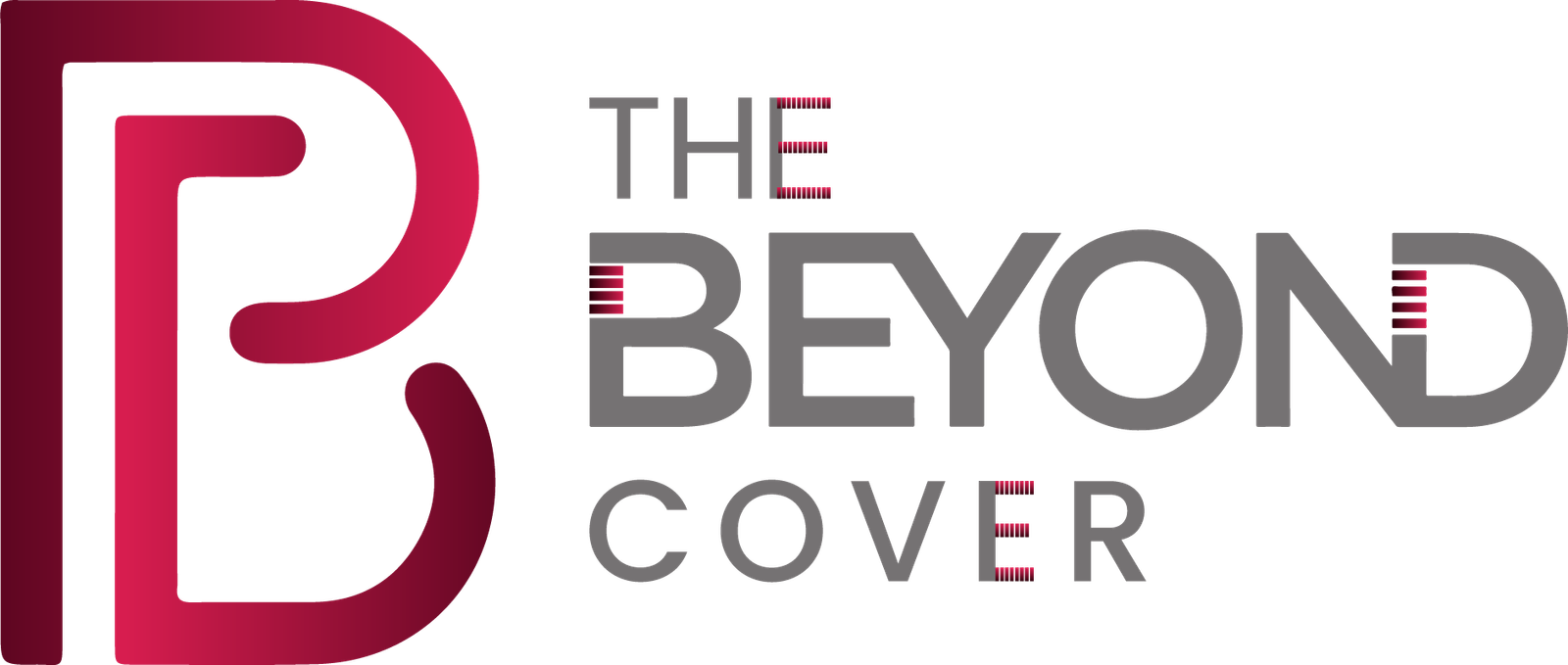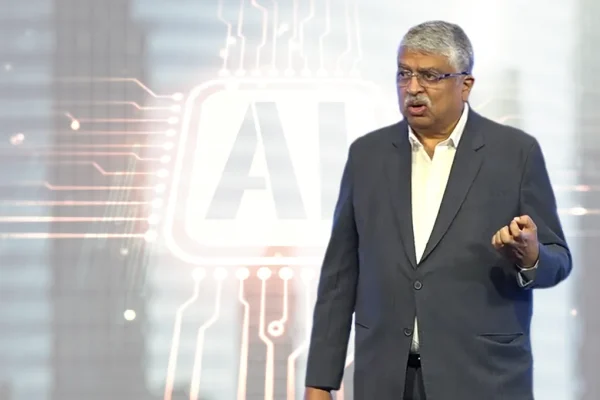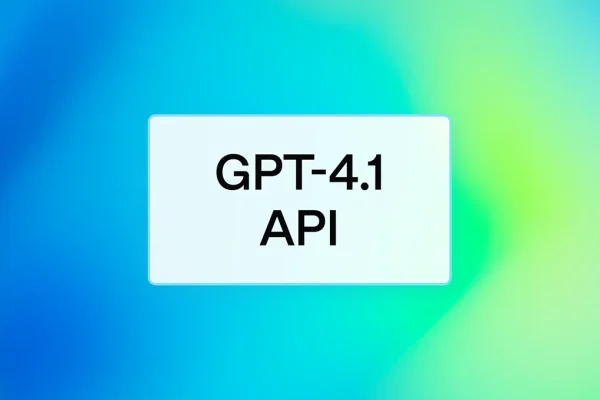Delhi-based Gabify is an AI-powered platform providing personalized, research-backed speech therapy services. It has already collaborated with 35 preschools and 15 healthcare institutions.
“In India, about 15% of the population experiences communication disorders, with one in eight children impacted by neurodevelopmental issues like autism, ADHD, or speech delays. A study in Ballari district, Karnataka, revealed a 4.29% prevalence rate among schoolchildren aged 6–16 years, according to the Directory of Open Access Journal.”
“Despite the magnitude of this public health issue, India’s infrastructure for early detection and therapy remains insufficient, with just one qualified speech therapist for every 10,000 people.”
“Founded in 2024 by Sahil Chopra, Prachi Sood, and Vasyl Leshchuk, Delhi-based Gabify seeks to tackle these challenges. The AI-powered platform delivers personalized, research-backed speech therapy services.”
“Gabify’s self-assessment web app assists parents and caregivers in spotting early signs of speech and neurodevelopmental disorders like Autism, ADHD, and speech delays, facilitating prompt intervention.”
The Beginning
Gabify was born from a deeply personal experience. Chopra lost a dear friend to suicide—a tragic outcome of years of bullying and isolation brought on by a speech disorder.
“That loss stayed with me for years,” Chopra recalls. “The real shift happened when my wife, Prachi, started opening up about her experiences as a speech therapist—stories of children waiting endlessly for assessments, and families who didn’t even realize intervention was necessary.”
With 8+ years as a Senior Speech Therapist at Max Hospital, Fortis, Mom’s Belief, and Manthan School, Sood has worked on cases ranging from Autism and Apraxia to Parkinson’s and Einstein Therapy. Her journey highlighted a common barrier—late diagnoses, costly assessments, and lengthy waitlists often rob children of timely support.
In 2023, the co-founders launched on-ground research across Tier II and III cities, connecting with hospitals, parents, and therapists. These conversations repeatedly surfaced one clear insight: the urgent need for a scalable, accessible solution for early diagnosis and intervention where specialists are scarce.
The missing link
When Ukrainian technologist Vasyl Leshchuk—whose IT career spans telecom, finance, and education—joined Gabify’s founding team in late 2024, it became a pivotal moment in shaping the product’s technical evolution.
His exposure to neurological disorders started at the British International School and took a personal turn as he faced similar challenges while supporting his own son’s developmental journey.
After leaving his prior software role, Leshchuk was drawn to purpose-led work. “When I came across Gabify, it wasn’t just a project—it felt essential,” he says. “It resonated with me deeply, as both a parent and a technologist.”
Shortly after coming together, the team set out to develop an AI-powered platform focused on identifying and supporting children with speech and developmental challenges.
“Technology should create meaningful impact. With Gabify, we’re crafting solutions that can truly reshape a child’s developmental journey,” says Leshchuk.
Gaby: The AI system behind Gabify
At the heart of Gabify is ‘Gaby’—an AI-powered virtual therapist that supports children as early as eight months old. Using a multi-modal approach, it combines speech recognition, facial cues, and eye tracking to assess conditions like autism, ADHD, speech delays, apraxia, aphasia, and beyond.
The journey starts with a mobile self-assessment, where caregivers capture their child’s speech and behavior. Gaby’s AI models—trained on clinical data and real-world inputs—analyze these recordings to create tailored therapy plans. It then tracks the child’s progress and delivers ongoing support along the way.
“Gaby listens and observes like a skilled therapist. It analyzes a child’s speech, gaze, and reactions—building a dynamic profile based on measurable patterns, not just subjective input,” says Chopra.
Gabify monitors developmental milestones using indicators such as vocabulary range, reaction speed, motor skills, and eye engagement—offering continuous insights for both families and professionals.
Making therapy accessible and affordable
Gabify’s AI-led screening begins at Rs 499, with a 100-session, home-based therapy plan priced at Rs 50,000. The program includes virtual sessions, printable activities, and parent coaching tools—empowering families to continue care at home.
“We focused on consistency, designing the system to fit naturally into daily routines,” says Chopra. Gabify also partners with 35 preschools and 15 healthcare providers—including the British International School and leading pediatric clinics—for hybrid care. Its first physical clinic and R&D hub in Delhi is launching soon.
Enhancing the role of therapists
Gabify’s therapy team includes four full-time RCI-certified professionals, led by Sood, ensuring compliance with Indian standards and the RPwD Act, 2016. The total team size stands at eight. As part of its global expansion, Gabify is in talks with the American Speech-Language-Hearing Association (ASHA) to onboard internationally accredited therapists.
“We’re actively engaging ASHA to become a certified care platform,” Chopra shares. Employing therapists full-time enables consistent care, better outcomes, and stronger patient relationships. Each therapist sees 4–5 children daily, supported by Gabify’s proprietary AI dashboard, which suggests lesson plans, flags behavioral shifts, and tracks progress in real time.
This allows therapists to focus on what matters most: applying clinical expertise, building rapport with families, and customizing care, while the platform automates routine tracking and admin tasks.
Parent involvement and community engagement
Gabify places caregivers at the heart of its care model. With structured coaching modules and in-app guidance, parents are empowered to reinforce therapy at home. “Parents provide the continuity children need—we focus on building their skills, not just sharing information,” he says.
Beyond digital tools, Gabify hosts workshops, podcasts, and school-based outreach programs to foster awareness and reduce stigma around neurodivergence and developmental care.
The challenges
Gabify’s biggest barriers are cultural—many families delay care due to stigma, misinformation, or lack of awareness about developmental concerns. “This isn’t just a clinical issue; it’s about overcoming fear, doubt, and social silence,” Chopra explains.
To shift mindsets, Gabify is preparing targeted campaigns with schools, community influencers, and public advocates to promote early screening and make therapy a normalized part of child development.


























